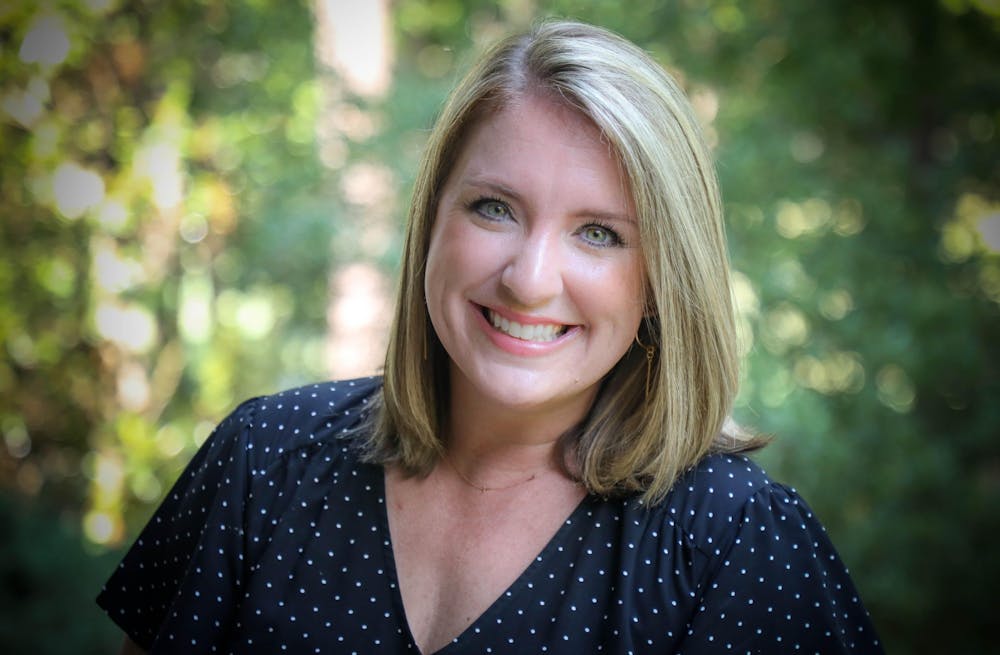Editor's note: This story discusses sensitive topics such as sexual assault, and includes the account of a survivor.
UNC graduate Rachael Brooks is a sexual assault survivor who recently published a memoir about her experiences, titled “Beads: A Memoir about Falling Apart and Putting Yourself Back Together Again.”
Brooks’ memoir depicts her journey from rape victim to survivor after she was assaulted soon after graduating from UNC at 22 years old. She was inspired to write her memoir after the #MeToo movement took off in 2017, Brooks said.
Brooks was assaulted after a night out drinking with her cousin Courtney Swett. After getting in a car, which she believed to be a cab, Brooks was raped.
The name “Beads” came from an experience Brooks had on a trip to her family’s mountain house in Boone, North Carolina not long after the attack, Brooks said.
While in the mountains, Brooks said she made beaded jewelry as a coping mechanism. It was only later, she said, that she started to think about the significance of the beads. As she began to write her memoir, she used the beads as a metaphor for her journey.
“Imagine that you’re wearing this necklace, and it’s ripped off, and the beads just scatter everywhere,” Brooks said. “Some will go under the dresser, and you’ll never find them again, some you’ll step on, and they’ll hurt your feet, some you’ll nervously pick up to re-strand your necklace. This is how I would describe my life at that time — just scattered beads everywhere.”
In addition to the trauma she experienced from the assault itself, Brooks said her experiences with the social justice system after the assault brought a lot of additional trauma upon herself.
Brooks said she had trouble getting law enforcement to believe her when she told them of her assault, and her rape kit took one-and-a-half years to be processed.




